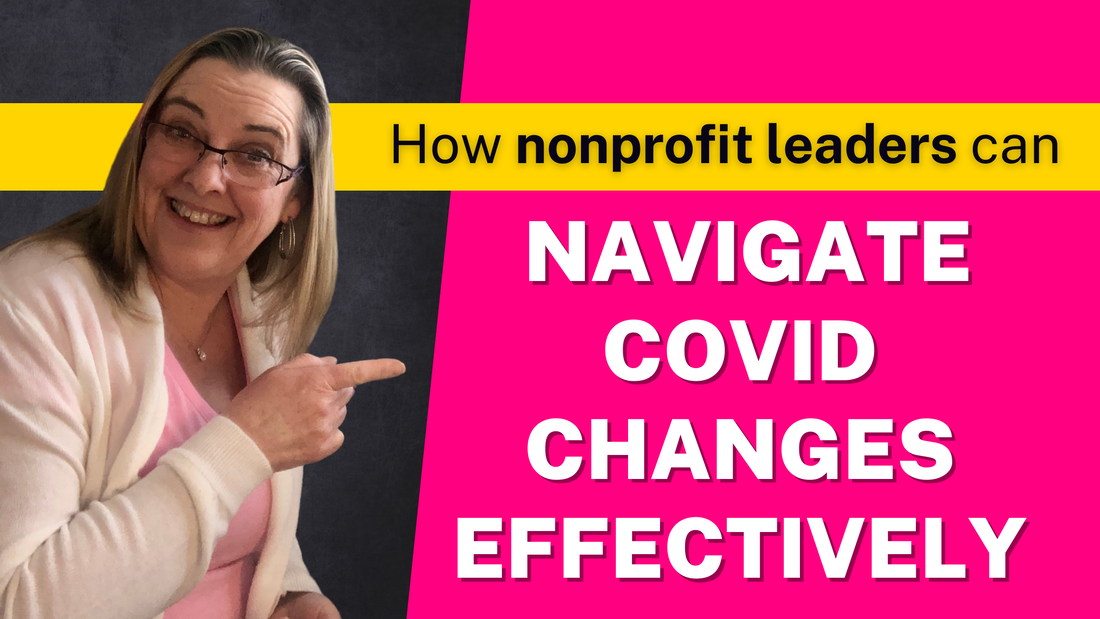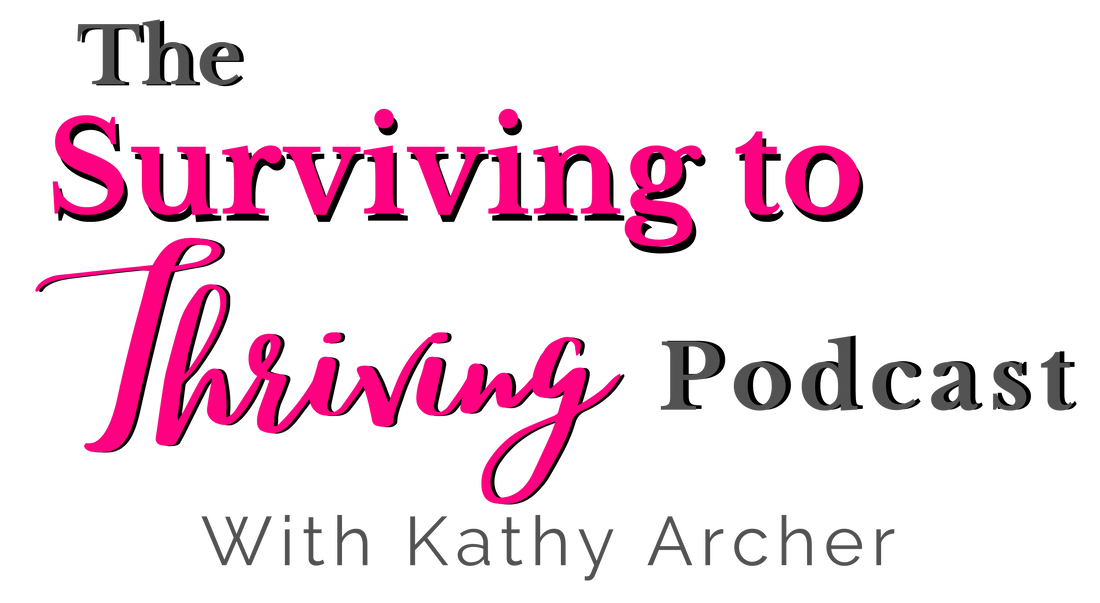|
As much as you'd like to get back to programming, training and the day-to-day running of your organization, most nonprofit leaders are dealing with some version of the following questions:
Whatsmore, those are just the big questions. As a nonprofit leader, there are so many decisions you need to make around Covid these days that I bet your head is spinning. No decision is a one-size-fits-all either, as each program, staff, and community has unique complexities and nuances. And, it's constantly changing! While you may think you are ahead of the game and have things under control for a moment, the game changes in a blink of an eye. New rules, new policies, and new expectations are handed out, and you are expected to follow suit quickly and without clear guidance or direction for your particular situation. If you aren't careful, it will negatively impact your team With the accompanying pressure to decide quickly, these changes and expectations can be overwhelming to a leader and challenging to a team. Not only are you stressed, but your team is feeling confused, frustrated and maybe even unsupported. This "perfect storm" leaves you in a precarious position if you're not careful. A stressed-out and overwhelmed leader, combined with a frustrated and disjointed team, is breeding grounds for a toxic work environment. What's the answer? So what's a leader to do? The short answer is to be very self-aware! As things change rapidly, you'll need to manage what's happening outside of you by working on what's happening inside you. A lack of self-awareness will get keep you stressed out big time Mind chatter, racing thoughts, and late-night worrying will keep you in the trap of feeling like things are spinning out of control. But, while it might seem like the world around you is spinning out of control, you'll never deal with the issues in a level-headed way if you don't rein in your thoughts and get control of your inner world. Self-awareness will help you manage the stress effectively Self-aware leaders can acknowledge what's happening inside and around them. They recognize the anxiety building, the tension headaches, and the inability to focus. But they don't stop there. A self-aware leader takes all of those thoughts and discerns what they want to do with them in the direction they want to go. Self-awareness allows you to put your racing thoughts into perspective They'll take those thoughts and rub them up against their values, ethics and morals, the type of leadership traits they are developing in themselves and the impact they want to have in their team and their communities. Then, by putting those thoughts in perspective, they can better choose if those thoughts are helping them or hindering them. And if necessary they'll choose again. An example of a more self-aware process First, we need to slow down and recognize what's happening inside and around us. That starts with pausing. Then we need to ponder. Pondering helps us unpack what's going on in our thinking minds. Consider this train of thought OMG, I can't lose my staff, and I will if we mandate vaccinations. And then, what will we do if we mandate the booster and then a fourth booster? People are starting to push back. Ugh, I don't know what to do! STEP # 1 - Unpack the thoughts 💬OMG, I can't lose my staff ✏️Can't - That is absolute, black-white thinking and perhaps not helping me ✏️What values are coming into play with this thought?
💬And then, what will we do if we mandate the booster and then a fourth booster? ✏️This is me being worried about something in the future. need to come back to mindfulness and work on what I can handle in the present moment. 💬People are starting to push back. ✏️I'm aware that I dislike conflict. I'll need to handle those tough conversations with courage. 💬Ugh, I don't know what to do! ✏️That thought leaves me feeling a lack of competence and confidence. STEP # 2 - Choose a new train of thoughts 💬 OMG, I want to find a way to retain my good staff. Things are changing quickly, and I can only deal with what's here now As my team members get frustrated and push back, I need to use every tool in my toolbox to support the team, maintain our working relationships and develop alignment going forward. I am figuring out what to do, step by step. Then, when I don't know, I'll be honest and work through what I need to learn and where I need to ask for help.
0 Comments
Your comment will be posted after it is approved.
Leave a Reply. |

Available on Amazon
Archives
May 2024
|
|
Leadership TRAINING for Nonprofit Leaders
Become a confident and competent nonprofit Leader: Join The Training Library membership Executive and Leadership COACHING Leadership Coaching for Nonprofit Executives, Leaders and ManagerCoaching |
PODCAST for Nonprofit Leaders
The Surviving to Thriving podcast: Strategies, systems and support to lead your nonprofit with confidence FREE RESOURCES to Grow your Leadership Skills Free Leadership Training Resources, Worksheets and Templates |
Become a CONFIDENT LEADER
|




 RSS Feed
RSS Feed
